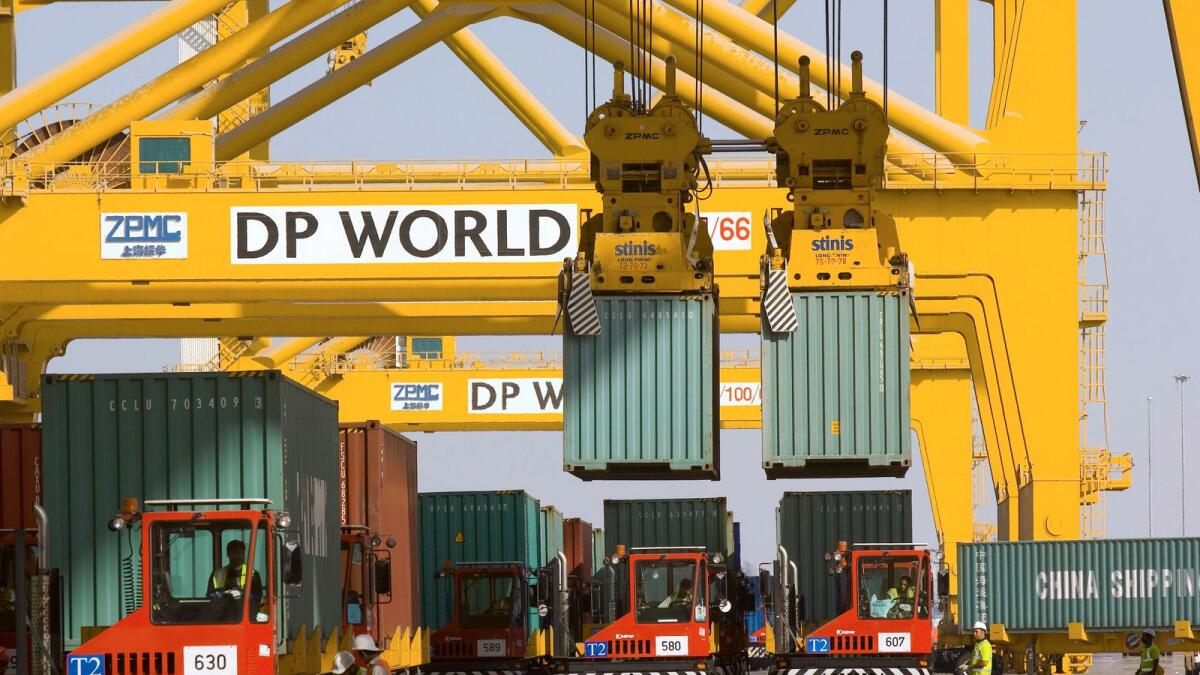The United Arab Emirates has secured its position as the second-largest commodity trading hub globally, just behind the United States and ahead of Switzerland. This highlights the country’s strong business environment and its resilience to challenges, thanks to the ambitious vision of its leadership. Feryal Ahmadi, the chief operating officer of Dubai Multi Commodities Centre (DMCC), emphasized the strategic advantages that Dubai offers, such as its location, infrastructure, and business-friendly policies, which attract businesses and investors from around the world.
According to Statista, the UAE’s commodities market is expected to reach $123.8 billion by 2024 and $141 billion by 2028, with an annual growth rate of 3.31 percent. The average price per contract in the commodities market is projected to be $0.01 in 2024. These figures indicate the significant growth potential of the commodities market in the UAE, driven by factors like location, infrastructure, and policies that support business growth.
The DMCC Commodity Trade Index evaluates major trading hubs based on key aspects of commodity trade, including locational advantages, commodity wealth, financial services, logistics infrastructure, and institutional strength. This index provides a comprehensive view of each hub’s role in global trade and highlights areas for collaboration and improvement to boost trade relations and enhance competitiveness. Data for these indicators are sourced from reputable global institutions like the World Bank and the United Nations.
The UAE excels in commodity endowment factors, scoring 77 percent, driven primarily by its oil supply. The country also performs well in institutional factors, scoring 66 percent, largely due to attractive tax rates and robust trade logistics infrastructure. This indicates opportunities for further collaboration and enhancement of trade relations to improve scores in locational and trading partner factors. The UAE’s strong performance in these areas solidifies its position as a key player in the global commodities trade landscape.
In 2024, the United States leads the Index with a score of 59 percent, showcasing its strong performance across all categories, particularly in commodity factors and institutional strength. Switzerland has entered the top three hubs for the first time, scoring 46 percent, with strengths in locational advantages and institutional factors. Singapore and Hong Kong also saw improvements in their rankings, highlighting their growing significance in global commodities trade. The UK witnessed a decline in its ranking due to factors like geopolitical changes and tax regulations.
China, South Africa, and Nigeria remain at the bottom of the Index due to weaker institutional support and locational disadvantages, despite their rich natural resources. The widening gap between the top and bottom performers underscores the impact of geopolitical tensions and macroeconomic conditions on global trade. Overall, the continued growth and competitiveness of the UAE’s commodities market reaffirm its position as a key player in the global trade landscape, supported by strategic advantages and a business-friendly environment.










